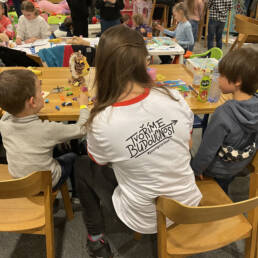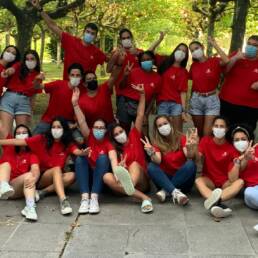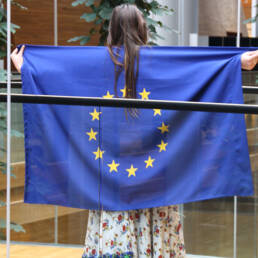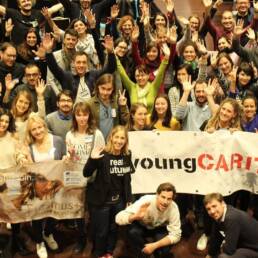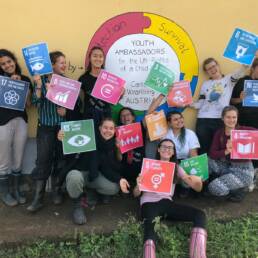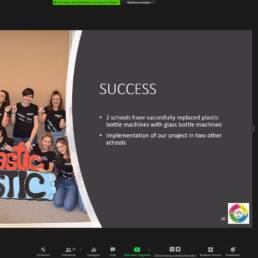Author
Francesco Holmes
Center of First Assistance
Caritas Lodigiana
My name is Francesco Holmes, I’m 26 years of age, I’ve worked for more than two years in a CAS (Center of First Assistance) of the Lodi Caritas.
I am a child of the nineties, post-fall of the Berlin wall, and my life has always unfolded, swinging between the small apple (I refer to the quince tree, the symbol of Codogno, the town of my mother, where I live and work) and the big apple (New York, the city of my father, where I lived for a long time and I graduated in Middle-Eastern Studies from NYU).
It has been always about “adapting” between the “very big” and the “really small”, as in fact many of the migrants have done arriving in Italy after their long voyage, specifically in the Lodi province, where some of them find themselves. Here, the specific advantage to the challenge for integration is that besides legal regularization, employment and language learning, it can assume a direct and individual dimension. Sconfinati attempts “breaking the ice” by creating a common space where the local population and the migrants, can finally meet each other face to face, using as a starting point a notable dimension of many migrant realities: trauma.

The trauma of war, of being captured by rebels in the desert, extorted by bandits in the city, of seeing companions, wives, relatives, fall under the sword or between the waves, are all sights that, fortunately for us, are far from our everyday European experience. Perhaps this is why we are abstractly accustomed to the images, stories and videos of violence that occur on the other side of the sea. After having promoted various awareness projects in schools, we realized that despite a genuine interest in meeting one another, the students were having a hard time listening, and our guests were struggling to tell their experiences. It seemed obvious to us that the students weren’t able to relate to stories so distant from their personal experience, and our guests weren’t only uneasy in recounting something they wanted to forget, but reluctant if not offended at times because they felt correctly that the other side wasn’t listening properly. From this failure, Caritas Lodigiana brings a particular interpretation to Caritas Ambrosiana’s installation “Sconfinati”, attempting to place the “missing piece” that would make it work in our context. In this case a strong performance from our guests, social workers and actors, who by interpreting traffickers, soldiers and bandits are able to engage directly the audience, making them symbolically live certain emotions experienced by them on the real journey.
The “theatrical” violence creates a certain intimacy between our guests and the audience, which is appreciable in the post-performance arena, where the public are able to listen to the real stories of the migrants, with a natural attention, and our guests, who until then for language and condition had issues at communicating, are finally heard for who they are and rendered recognizable with names and memorable stories in our small community.
Isn’t this our culture? Our identity? Listening to stories of war, trauma, survival, and identifying with the “Nobody” who has endured so much to survive?
Fear and hospitality are the two pillars of the relationship with the stranger in our Mediterranean culture: “the other,” the one who comes from the sea, can bring disease, betrayal, mischief and violence, but he can also be a god disguised as a beggar, heavy with gifts, or a human being who saw too much, suffered even more and survived everything, a hero like Ulysses, or Nobody. Sconfinati gives us the opportunity to meet Ulysses outside the confines of the myth, it gives us an experience at the heart of the most ancient western fable:
The castaway who doesn’t talk if he isn’t invited to do so, who cries before talking, and when he does he breaks us all in tears.
Italy isn’t built upon walls but upon a millennial work of, inclusion and assimilation of languages, food, stories, ideas, images: the history of the Italian nation is the continuation of this process through Italian immigrants, and the passage of new subjects. In this way, we are also attempting to contribute humbly to our tradition.




